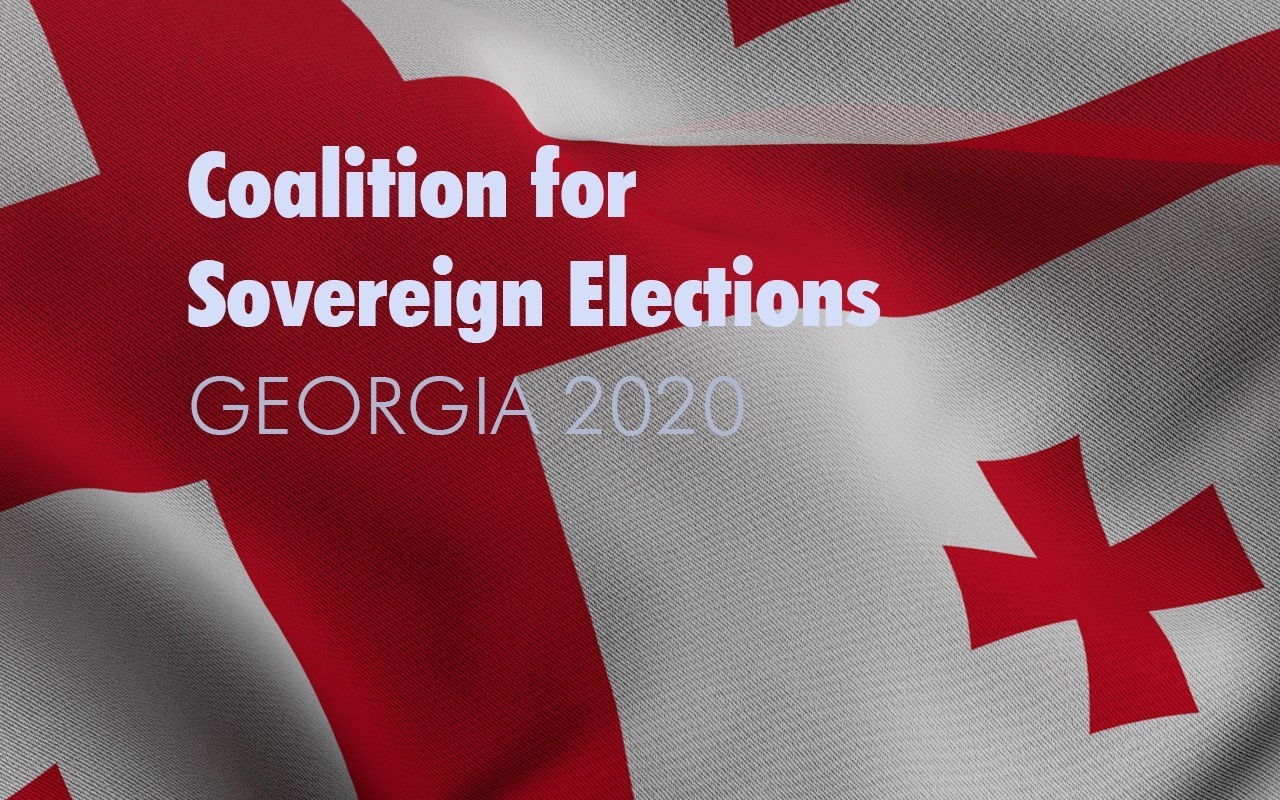Working group of the «Coalition for Sovereign Elections» calls International community to give strong immediate reaction on aggression of the Kremlin in Georgia.
FOR IMMEDIATE RELEASE
August 18, 2019
We call international community to give strong immediate and clear reaction on events taking place on the so-called border with occupied Tskhinvali region in Georgia. Russian FSB forces kidnapped eight Georgian citizens during the last 24 hours (Aug 17, 2019 — Aug 18, 2019). In parallel, from the 7th of August, Kremlin continues creeping occupation of Georgian territories. It’s unacceptable.
It’s already clear that this aggression is the provocation against Georgian people, as well as sovereignty of the country. Kremlin tries to destabilize situation in Georgia using all the possible tools: supported media outlets in Georgia as well as outside of the country; supported politicians and activists; nationalistic campaigns; propaganda; and now — direct aggression against Georgian people.
We express our gratitude to diplomats in Georgia for their reactions, but it’s not enough. We call leaders and governments of the Free World to express strong official positions in this regard. To develop sanctions list against the Kremlin and it’s allies to support Georgian territorial integrity and sovereignty. To call Security Council to discuss ongoing aggression of Russian government in Georgia. Immediately.
“Yesterday”, they placed their bases on Georgian territories. After — they did it in Crimea. What’s next? We call for immediate response to the Kremlin’s aggression in Georgia.
Statement is distributed on behalf of the working group of the
“Coalition for Sovereign Elections”:
- Ambassador Valeri Chechelashvili – Senior Fellow of the Georgian Foundation for Strategic and International Studies
- Mr. Andro Gotsiridze – Founder of the Cyber Security Studies and Education Center
- Mr. Egor Kuroptev – Representative of the Free Russia Foundation on South Caucasus; author of the Border Zone media project
- Mr. Volodymyr Kopchak — Head of the Southern Caucasian Branch of the Center for Army, Conversion and Disarmament Studies (CACDS)
- Mr. Lasha Khatiashvili – affiliated analyst at the Georgian Strategic Analysis Center
- Mr. Nikolai Levshits – Fellow of the Free Russia Foundation
- Mr. Tengiz Pkhaladze – Senior Fellow of the International Centre for Geopolitical Studies
- Dr. Tornike Sharashenidze – Co-Founder of the Georgian Strategic Analysis Center
- Mr. Vladimer Svanadze — Chairman of the board at the Internet Development Initiative
- Mr. Gela Vasadze – Senior Fellow of the Georgia-Caucasus Strategic Studies Institute
Contact: Egor Kuroptev, Representative of the Free Russia Foundation on South Caucasus. Tbilisi, Georgia. 08.18.2019.


